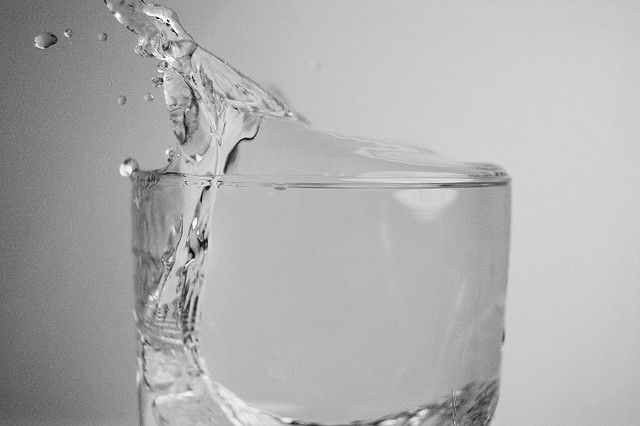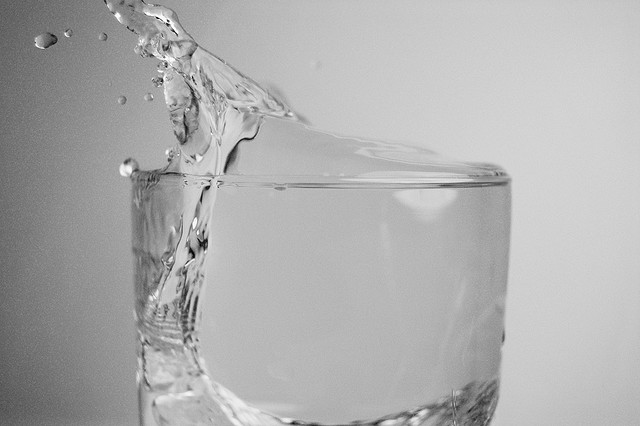
Change Your Water to Brew Coffee & Tea for Less Stained Teeth
Believe it or not, the type of water you use to brew your tea or coffee can have an impact on how much your teeth will stain from coffee or tea drinking.

Staining molecules like to stick to teeth because they have a particular affinity for calcium ions and proteins on the surface of your teeth, especially the theaflavins and thearubigins in black tea. The same chemical attraction applies to the minerals found in water too. This means that staining molecules from coffee or tea will also combine with calcium ions present in the water you use to brew it and will be filtered out or precipitate to the bottom of your cup.
If you use mineral water with a high concentration of dissolved calcium or “hard water,” which also has a high mineral content (typically calcium and magnesium), to brew up a pot of coffee or cup of tea, less tooth staining molecules will end up making it to your teeth. Whether or not your coffee or tea still tastes as delicious is different story, but this is another fascinating way to reduce tooth staining a bit.